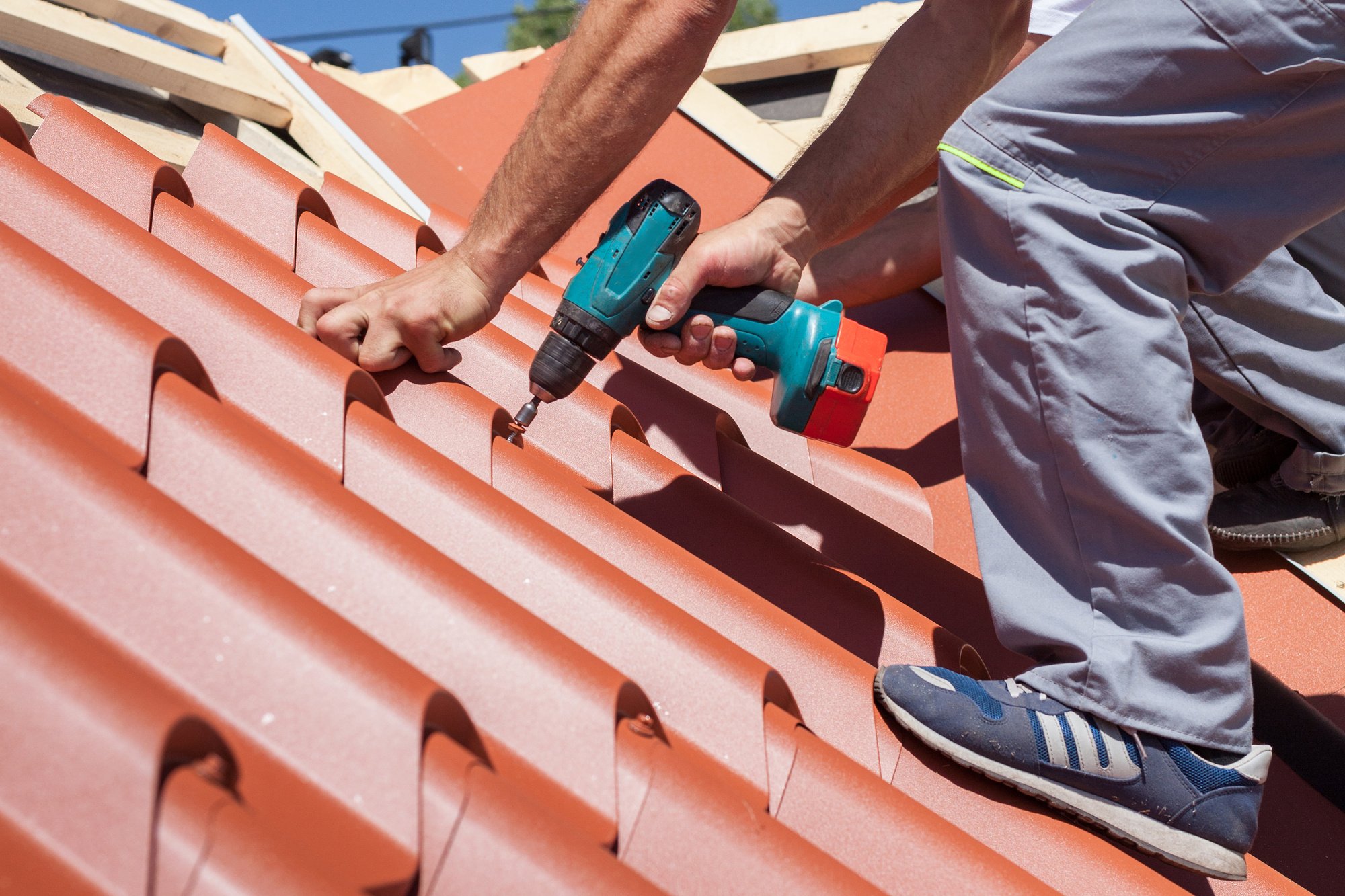Your roof is an essential structure of your house that protects you and your family from the weather. The average roof is only designed to last 15 to 20 years. However, much depends on how well you care for the roof before the 20-year mark.
For instance, using the wrong roofing materials, failing to care for tears, and missing the signs of early roof aging can cut your roof’s lifespan considerably. The good thing is that you are not always left with no alternative but to replace your roof.
Read below to learn two options you have concerning how you care for your aging roofs: repair vs. replace.
Assessing Your Roof’s Lifespan
When evaluating the lifespan of your roof, it’s essential to consider various factors that can impact its durability and longevity. By carefully assessing these elements, you can make informed decisions about whether to repair or replace your roof.
-
Climate and Weather Conditions
Assuming you live in Phoenix, you’re well aware of the intense heat the city experiences during the summer months. This extreme heat, along with the occasional monsoons, can subject your roof to significant stress. Constant exposure to prolonged heat and sudden temperature changes can lead to the expansion and contraction of roofing materials, causing them to weaken over time. Moreover, the UV radiation that accompanies the scorching summers can deteriorate your roof’s protective layers, making it more susceptible to damage.
To combat these weather challenges, Phoenix homeowners should consider using roofing materials that are specifically designed to withstand the region’s unique climatic conditions. Materials like concrete tiles, metal roofing, or even modern asphalt shingles with reflective properties offer enhanced heat resistance and durability.
-
Material Quality and Installation
The quality of your roofing material and the skill of the installation team play a significant role in determining how long your roof will last. Investing in high-quality materials ensures that your roof has a better chance of withstanding the challenges posed by the Phoenix climate. Additionally, hiring experienced professionals to install your roof can minimize the risk of installation errors that could lead to premature damage or failure.
Before embarking on any roofing project, it’s crucial to do your research and work with reputable suppliers and contractors. Seek recommendations from friends or family members who have had their roofs replaced or repaired recently. Request samples of roofing materials and inquire about warranties to ensure you’re getting the best possible quality.
-
Roof Maintenance
Regular roof maintenance is essential for prolonging its lifespan. By neglecting routine maintenance tasks, you may unknowingly allow minor issues to escalate and cause significant damage. Taking the time to clean gutters, inspect for damage, and address minor repairs can go a long way in preventing more expensive issues down the line.
Phoenix homeowners should consider scheduling regular inspections with roofing experts to assess the condition of their roofs and identify potential problems early on. These professionals can perform detailed inspections, identify weak spots, and recommend necessary maintenance or repairs.
Additionally, it’s important to keep in mind that each type of roofing material has specific maintenance requirements. For example, certain shingle types may need periodic resealing or coating, while metal roofs may require inspection for signs of rust. By being proactive and following the recommended maintenance protocols, you can significantly extend the lifespan of your roof.
-
Signs of Damage
Regular inspection of your roof for signs of damage is critical in evaluating its lifespan. Look out for cracked or missing shingles, as these can indicate underlying issues. Water stains on the ceiling, mold growth, or dampness in the attic are also warning signs of potential problems. If you notice any of these signs, it’s important to take action promptly.
When identifying signs of damage, it’s essential to understand that not all problems require a complete roof replacement. For instance, isolated leaks can often be repaired without the need for a full replacement. However, severe damage-such as extensive mold growth, sagging areas, or significant structural issues-may necessitate a roof replacement.
-
Repair vs. Replacement
After evaluating your roof based on the factors mentioned above, you must determine whether it’s advisable to repair or replace your roof. Small, localized issues like minor leaks, damaged shingles, or isolated problem areas can typically be addressed through targeted repairs, saving you time and money.
However, if your roof has suffered extensive damage from severe weather events or it’s reached the end of its expected lifespan, a full replacement may be the most prudent choice. Generally, if more than 25% of your roof is damaged or aging, or if significant structural issues are present, a replacement is recommended.
It’s important to work closely with roofing professionals who can provide accurate assessments and offer expert advice. They can help you navigate the decision-making process, taking into account your specific circumstances, budget, and long-term objectives.
The Importance of Expert Roofing Evaluation
It is essential for homeowners in Phoenix to understand the lifespan of their roofs and when it may be time for repairs or replacement. While regular maintenance can extend the life of a roof, factors like extreme heat and harsh weather conditions in Phoenix can take a toll on its durability. It is crucial to have an expert roofing evaluation to properly assess the condition of the roof and determine the most cost-effective and long-term solution.
This evaluation should consider factors like the age of the roof, visible damage, and potential future issues. In some cases, a repair may suffice, but a replacement may be necessary for a roof that has reached the end of its lifespan. By evaluating the roof’s lifespan, homeowners can make informed decisions and ensure the safety and protection of their homes.
Take Care of Your Roof
In the end, evaluating your roof’s lifespan requires a comprehensive analysis. By considering the climate, material quality, maintenance, and signs of damage, you can gain a better understanding of your roof’s condition and make an informed decision about repair or replacement.
Consulting with roofing experts will provide you with valuable insights and ensure that your roof is well taken care of for years to come.
Visit our website and make sure that your roof is in good condition.



0 Comments